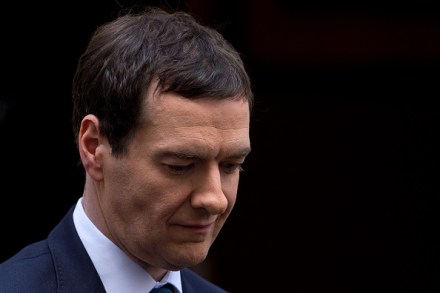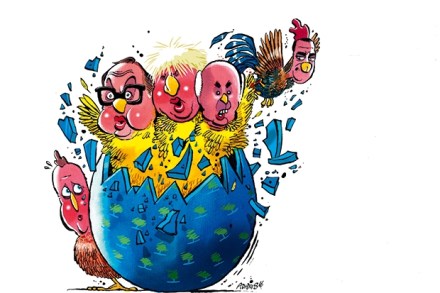Sex, lies and tax returns
Call this a scandal? A few years ago, it wouldn’t have made the cut. If any reporter had taken the David Cameron tax ‘scoop’ into the now-defunct News of the World, he would have been laughed out of the building. ‘OK, just run it by me again. The Prime Minister’s dad was a stockbroker, right? Daddy Cameron operated this fund in Panama, or somewhere, and Dave had a few shares in it. Then before Dave became Prime Minister, he sold the shares and made a profit of 19 grand, after paying full capital gains tax in Britain. Where’s the story?’ ‘But boss…’ ‘Don’t you “But boss” me. I’m trying to




















